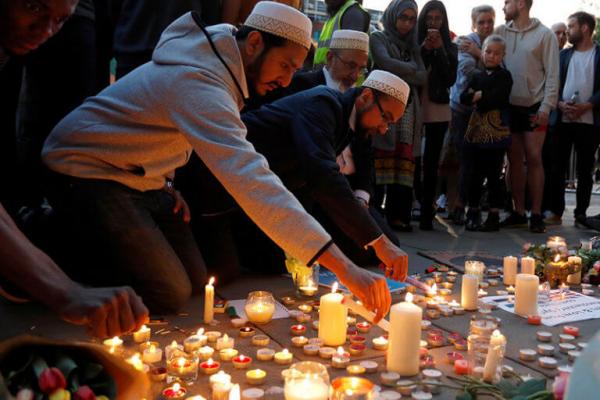May 26, 2017
In the wake of the terrorist attack at the Ariana Grande concert in Manchester, Muslims along with the rest of the diverse British city are mourning the dead and tending to the wounded.
But for Muslims in particular, the suicide bombing that left more than 20 dead and dozens wounded on May 22 has also sown fear. They worry about a backlash from those who would blame all followers of Islam for the carnage, for which the so-called Islamic State takes credit.
Read the Full Article

Already a subscriber? Login
